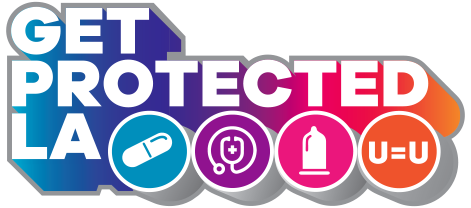Prevent STDs with DoxyPEP
There’s a revolutionary new way to prevent STDs: DoxyPEP.
Taking DoxyPEP after sex can reduce your chance of getting certain STDs like syphilis, chlamydia, and gonorrhea.
If you’re concerned about STDs or have a history of STDs, talk to your healthcare provider about DoxyPEP now. DoxyPEP won’t interfere with your other preventive or affirming care like PrEP, HIV medications, and hormones.






